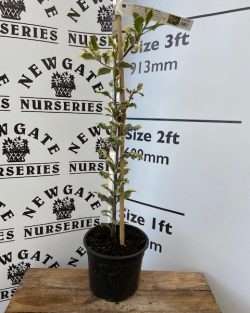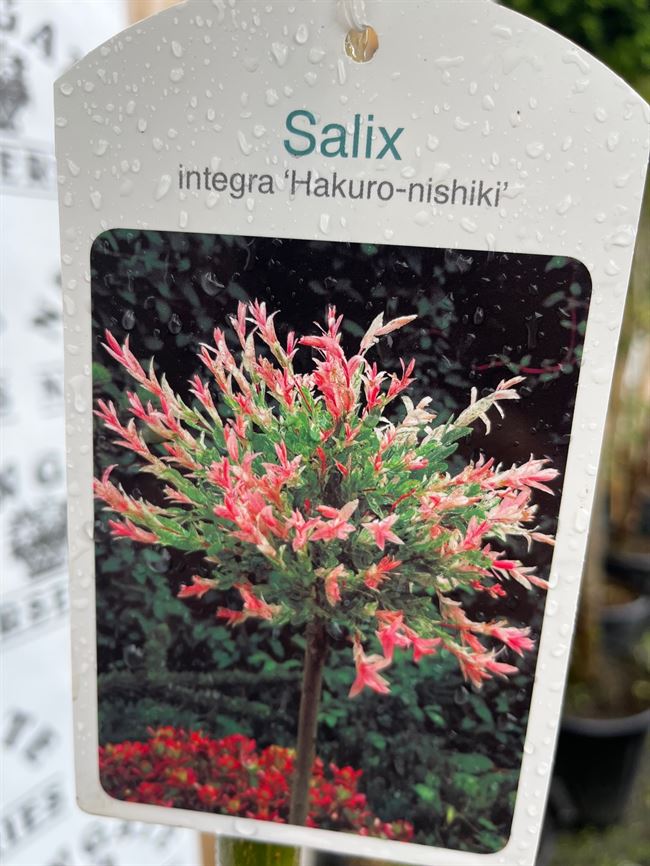Taxus Baccata David 100cm
£69.99
lant Fact File:
- Plant Type: Evergreen Tree
- Common Name: English Yew ‘David’
- Botanical Name: Taxus baccata ‘David’
- Height: Typically grows up to 10 meters (33 feet)
- Spread: Typically spreads up to 4 meters (13 feet)
- Growth Habit: Dense, Upright
- Foliage: Dark Green, Needle-Like Leaves
- Flowering: Insignificant, Dioecious (separate male and female plants)
- Fruit: Red Berries on Female Plants, Toxic if Ingested
- Hardiness: Fully Hardy
- Aspect: Full Sun to Full Shade
- Soil Type: Moist, Well-Draining, Acidic to Alkaline
- Uses: Hedging, Screening, Topiary, Specimen Plant
Description:
Taxus baccata ‘David’, commonly known as English Yew ‘David’, is a compact and densely branched evergreen tree prized for its dark green foliage and versatile uses in the landscape. It typically reaches a height of around 10 meters with a spread of up to 4 meters, forming a dense and upright crown. ‘David’ is valued for its resilience, adaptability to different soil types and growing conditions, and tolerance of pruning, making it a popular choice for hedging, screening, and topiary.
Key Features:
- Dark Green Foliage: The foliage of Taxus baccata ‘David’ is comprised of small, needle-like leaves that are arranged densely along the branches. The dark green coloration provides year-round interest and serves as an excellent backdrop for other garden plants.
- Compact Growth Habit: ‘David’ exhibits a dense and upright growth habit, making it well-suited for use as a hedge, screen, or specimen plant. Its compact form allows it to be pruned and shaped into various ornamental designs, including topiary forms such as cones, spirals, or pyramids.
- Versatile Uses: English Yew ‘David’ is a versatile plant with many landscape applications. It can be planted as a formal or informal hedge to provide privacy, security, and wind protection. It also makes an excellent specimen plant when grown as a single tree, showcasing its dense foliage and architectural form.
- Tolerant of Pruning: One of the notable characteristics of ‘David’ is its tolerance of pruning and shaping. It can be trimmed regularly to maintain a desired size and shape, making it ideal for formal hedges or topiary specimens. However, care should be taken to avoid cutting into old wood, as yews have limited ability to regenerate from bare branches.
- Attractive Berries: Female plants of Taxus baccata ‘David’ produce small, red berries in autumn. While these berries add ornamental value to the plant and are attractive to wildlife, they are toxic if ingested and should be kept out of reach of children and pets.
Out of stock




























